Put simply, redistricting determines political power. Every 10 years when U.S. Census data is released, political party leaders in Illinois draw federal, state, and local political boundaries. Rather than voters choosing their officials, these officials choose voters who are most likely to give them a political advantage on Election Day.
We often think about this gerrymandering in terms of the impact it has on state legislative and congressional maps. However, this occurs at the local level too, where decisions affect people’s day-to-day lives much more than decisions made in Washington D.C.
We released Removing Politics From Local Remapping: A Path Towards Fair and Equitable Representation, a comprehensive report that provides an analysis of 2021 Chicagoland County Board redistricting, focusing on the 7-county Chicago Metropolitan Area: Cook, DuPage, Kane, Kendall, Lake, McHenry, and Will Counties.
Authored by CHANGE Illinois Policy Director Eli Brottman, the report analyzes key aspects of the 2021 redistricting process, including racial equity, partisan bias, compactness, and public input. The report also provides examples to show how the county board maps can be improved. The report concludes with strong recommendations on how counties can improve their redistricting process and be a guiding example of how nonpartisan redistricting can be done locally and across the nation.
We hope this report will be a guide to policymakers and everyday Illinoisans who want to see fair and equitable maps a reality in their local communities.
You can join us in the fight to end rigged districts drawn by politicians. To get involved in our many efforts to ensure that Illinois has fair maps, and learn about our past initiatives, visit our Redistricting Reform page.
